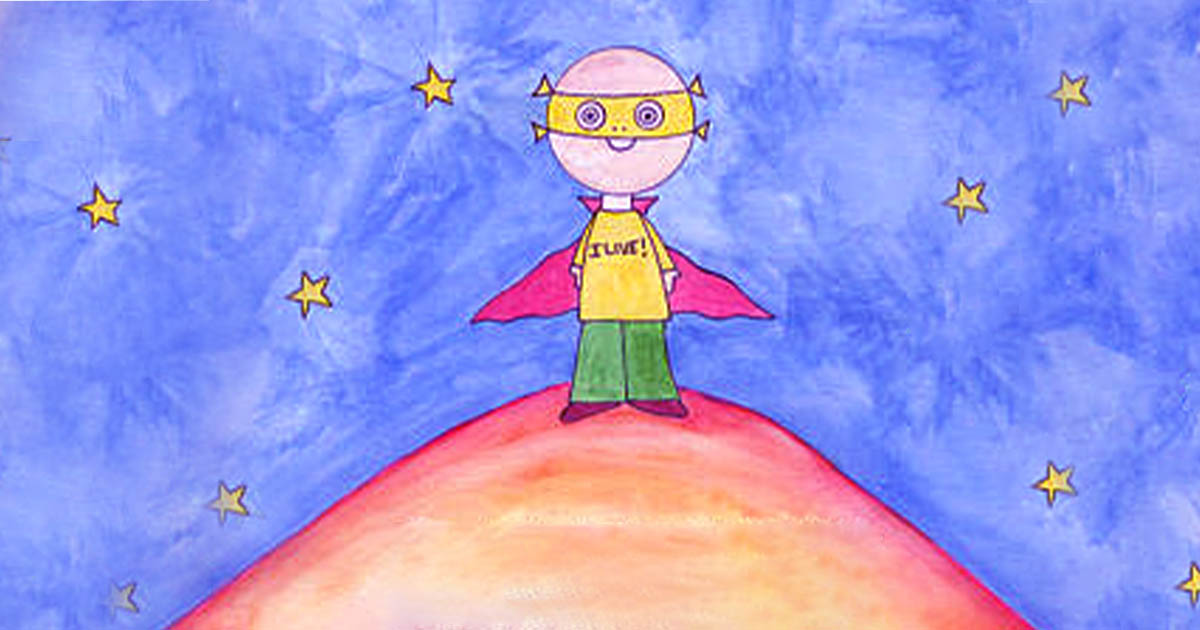Down syndrome in children is a chromosomal disorder that affects millions of people worldwide and provides unique challenges as well as opportunities for those who are afflicted with it and their families.
In this comprehensive guide, we delve into the three main causes of Down syndrome in children, shedding light on its symptoms, health implications, and underlying genetic factors.

Down syndrome is more than just a medical condition—it’s a journey marked by resilience, perseverance, and boundless potential.
By understanding the causes and manifestations of Down syndrome, we can better support individuals with this condition and promote inclusivity and acceptance within our communities.
Join us as we explore the complexities of Down syndrome, from its genetic origins to the remarkable achievements of those living with the condition.
What Are The Symptoms of Down Syndrome In Children?
Children with Down syndrome can show different physical and developmental attributes.

Some of the symptoms of Down syndrome in children are:
1. Physical features:
It is often the case that children with Down syndrome have certain physical features that are unique and can be used as signs of identification. For example, their eyes are upward-slanting and have epicanthic folds (skin folds on the inner corners of the eyes).
Their facial profile may appear flattened, they could possess small ears that are set back or even a tongue that sticks out more than usual. Other physical characteristics may include a single crease across the palm (Simian crease) and short stature.
Additionally, many children with Down syndrome suffer from low muscle tone known as hypotonia which affects their ability to move around or coordinate actions well. Their necks might look wide and short due to differences in bone structure.
2. Developmental delays:
Down Syndrome in children usually has delayed development in several areas. These can be seen when it comes to motor skills like crawling, sitting up, or walking all of which occur later than expected among kids without this condition.
Moreover, speech and language development take longer for them to acquire compared to their peers without DS; hence they tend to talk much later than other children do at similar ages.
Also, social-emotional development lags behind chronologically age mates because understanding social cues becomes difficult for them while interacting with others especially those in their peer group.
There should be early intervention programs designed specifically to meet these needs since it has been proven that they greatly improve outcomes for individuals living with Down syndrome.
3. Health Problems:
Compared to the general population, Down Syndrome in children is prone to many health conditions.
One of the major concerns relates to congenital heart defects which affect a considerable proportion of people having Down syndrome and may need surgery to correct them.
Among these individuals, there is also a higher prevalence of gastrointestinal disorders such as GERD (gastrointestinal reflux disease) or celiac disease; besides this group commonly experiences certain hearing problems like conductive/sensorineural loss.
Moreover, some vision difficulties including strabismus (crossed eyes) or cataracts can be found too. Such health issues need early identification through regular screenings and medical check-ups to best manage them for the benefit of kids living with Down’s syndrome.
It should be remembered that the gravity of these signs varies considerably among those suffering from DS but many such children still manage to lead happy lives given appropriate support and intervention services are provided on time.
Many challenges associated with symptoms of Down syndrome in children can be addressed through regular medical examinations coupled with timely interventions in different programs designed for them.
Read More: How to Raise a Child with Autism: 5 Vital Tips and Examples!
What Are The Causes of Down Syndrome In Children?
The main cause of Down syndrome is having an extra copy of chromosome 21 which is due to a genetic abnormality.

This alters development and results in the characteristics associated with this condition. Three causes of Down syndrome in children are:
1. Trisomy 21:
This accounts for about 95% of cases where there are three copies of chromosome 21 instead of two.
The additional set of genes disrupts normal growth hence physical and cognitive traits related to Down’s Syndrome appear.
Usually, trisomy-21 arises from mistakes in dividing parent cells during egg or sperm formation but the exact reasons behind these errors occurring every time are unknown although an increased mother’s age poses risk factors for such abnormal divisions.
However, we should be aware most kids with DS are born to younger mothers because they have more children than older ones do.
2. Translocation Down Syndrome:
When a part of chromosome 21 gets attached to another chromosome (usually 14, 21, or 22) that is called the Translocation Down syndrome. This can occur at the time of formation of reproductive cells or during the early stages of fetal development.
A parent with a balanced translocation may pass this type of Down syndrome on to their child because it is hereditary and does not present any health problems for them due to extra genetic material.
Otherwise, a de novo translocation may cause it to occur sporadically which means that it appeared on its own when forming egg or sperm cells or in very early stages of embryo development.
3. Mosaic Down Syndrome:
Mosaic Down syndrome is an uncommon condition where some cells have the usual two copies of chromosome 21 while others have three.
This mosaic pattern happens because there were errors during cell division after fertilization so some cells end up having an extra copy of chromosome 21 whereas other cells maintain the normal number.
The degree by which affected individuals are mosaics varies and this influences both severity as well as expression levels for characteristics associated with Down’s syndrome. It should be noted though that such cases usually do not run in families nor are they linked with advancing age among mothers.
Although the exact cause responsible for creating this chromosomal abnormality symptoms of Down syndrome in children remains unknown, it has been established that being older puts women at higher risk but most babies born with Down’s syndrome come from younger moms who simply give birth more frequently during these years.
In addition, any pregnant woman can have a baby with Down’s syndrome regardless of how old she might be which implies that if someone is worried about whether they will get one or not then getting advice from a genetic counselor would be helpful especially if previous pregnancies had such outcomes or there’s history within close relatives.
Read More: Sanfilippo Genetic Disorder: Breaking Down the Science Behind the Condition!
A Word From Mind Family
To understand everything about Down syndrome and how it affects children and families from different angles, we need to be aware, supportive, and understanding.
Though causes, symptoms as well as difficulties related to Down syndrome can appear overwhelming; it is important to note that no two people having this condition are the same; they all have their strong points, capabilities, and chances for development.
Our philosophy at Mind Family revolves around creating an atmosphere that accommodates everyone including those living with Down Syndrome in addition to their relatives or guardians.
We empower persons who suffer from Down Syndrome so that they may achieve all that they are capable of through education, advocacy, and caring with love.
Frequently Asked Questions (FAQs)
What are the causes of Down syndrome in children?
Down syndrome primarily results from genetic anomalies, including Trisomy 21, Translocation Down Syndrome, and Mosaic Down Syndrome. These variations involve extra genetic material on chromosome 21, leading to the condition’s characteristic features.
What are the symptoms of Down syndrome in children?
Children with Down syndrome may exhibit physical features like upward-slanting eyes, developmental delays in motor skills, speech, and cognitive abilities, as well as health issues such as heart defects and gastrointestinal problems. Symptoms vary in severity among individuals.
How common is Down syndrome?
Down syndrome affects millions worldwide, with approximately 1 in every 700 babies born with the condition. The prevalence varies among populations and is influenced by factors like maternal age.











